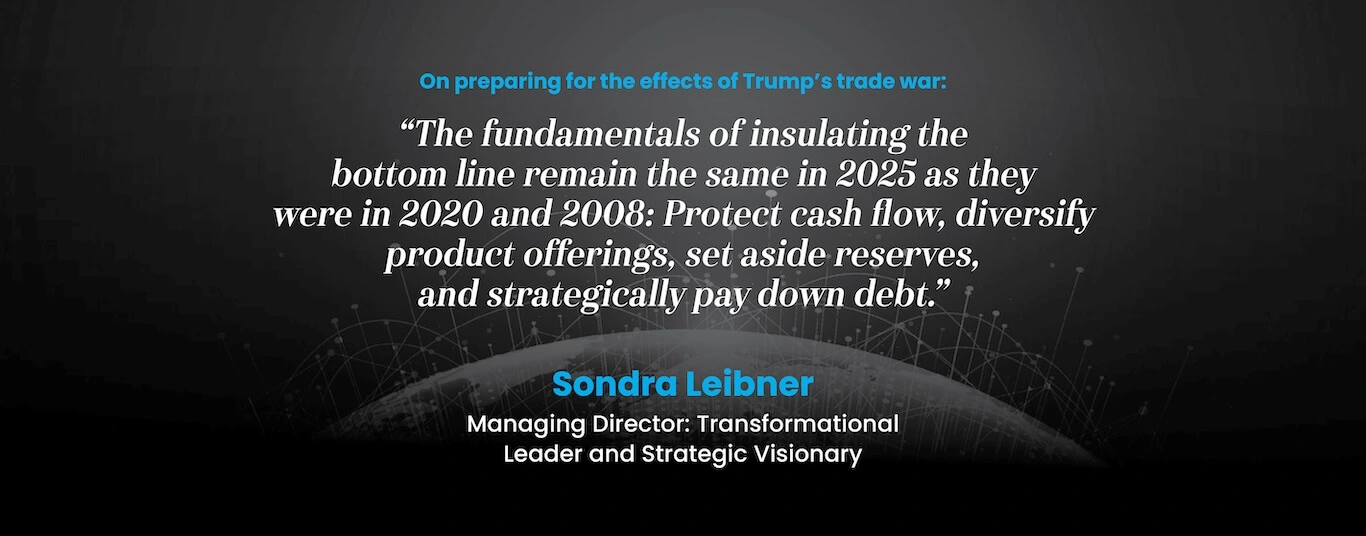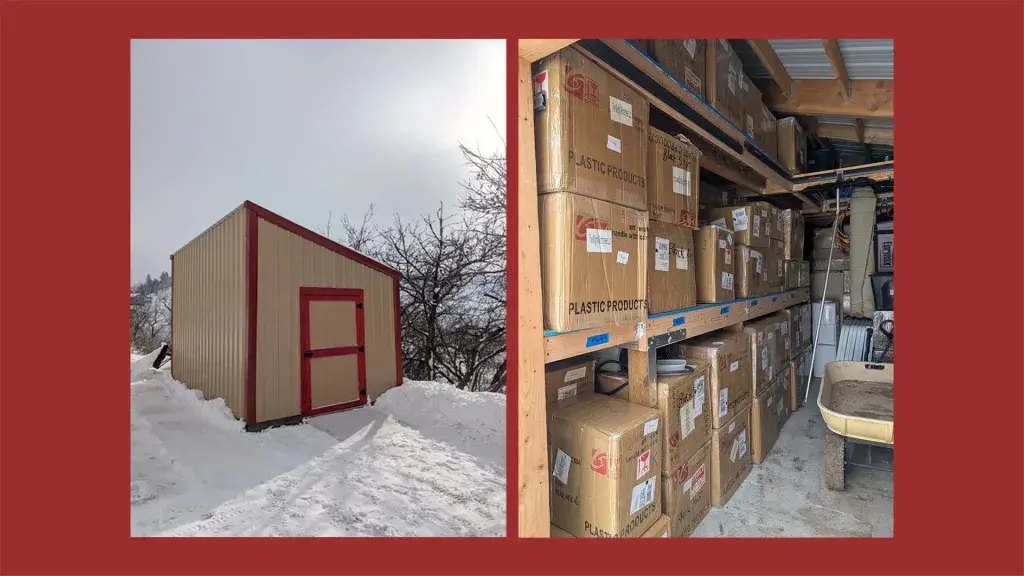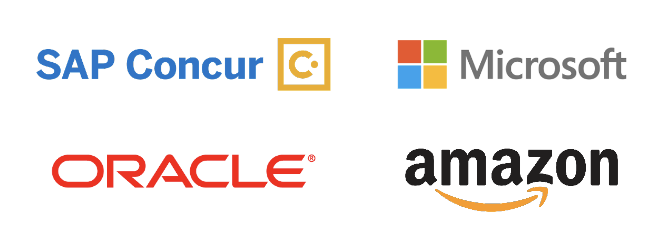
Tariffs are no longer a threat but a reality. Some business owners are stocking up on supplies to protect their bottom lines.
President Trump’s trade war is a sequel that not many company owners have willingly signed up for, but has managed to find a captive audience nonetheless.
Much of that audience is American entrepreneurs, many of whom are panicked at how Trump’s tariffs might impact their operations. New data out from Small Business Majority shows that more than half of small-business owners are very concerned about tariffs affecting their business, with 77 percent expressing great concern on overall economic impact.
Markets reacted sourly on Monday to the news—Tesla got hammered—but then recovered after Trump agreed to a deal with Mexico to postpone a 25 percent tariff in exchange for better border security and drug interdiction; the U.S. agreed to target the flow of high-powered American weapons that Mexico’s drug dealers favor. A little while later, Canada got on board with its own deal.
There was no deal for China. A 10 percent tariff on imports is in full effect, with China already slinging retaliatory duties: on energy, including a 15 percent duty on coal and liquid natural gas, plus another 10 percent duty on crude, agricultural machinery, and some vehicles. Those kick in February 10, giving the president a chance to climb down from the tariff fence.
Amid ongoing economic uncertainty, it’s not a bad idea for entrepreneurs to get back to their business bona fides to help insulate their bottom lines, or so says Sondra Leibner, managing director of consulting at the Houston-based alliant.
“The fundamentals of insulating the bottom line remain the same in 2025 as they were in 2020 and 2008: Protect cash flow, diversify product offerings, set aside reserves, and strategically pay down debt,” Leibner says.
Some founders have anticipated the supply chain disruption. Take Margo Clayson, the founder of the Inkom, Idaho-based Mighty Microgreen. Her company sells microgreen kits that can cultivate fresh vegetables from the comfort of your windowsill.
With the expectation that the cost of goods would tick up, Clayson, 66, stockpiled $11,000 worth of plastic trays that she imports directly from China. Raising prices, she says, is not an option.
“Our purpose is to influence the health in families around our country, so our target markets aren’t necessarily wealthy people,” Clayson explains. “Raising my prices by even 30 percent to make up for his tariffs would bring what I have out of reach for my target audience.”
Her kits range from about $20 to a couple hundred, depending if you’re looking to buy a single-use version or are a teacher who wants to stock up for the classroom.
Clayson learned that domestic sourcing was also not an option after discovering that the tray mold if made within the U.S. would cost five times the same mold sourced from China.
From China, she pays 40¢ a piece for the trays, including shipping. Just to buy the mold for the tray within the U.S. would cost about 30¢ a piece, which, as Clayson says, would mean she’d have to “sell a heck of a lot of these trays just to break even.”
So she took the most logical approach she could: stocking up on tens of thousands of five-inch by five-inch trays. Which prompted her next problem: space. As she began to take over the garage, her husband decided to build her a storage shed, which he perched within their 11-acre backyard in Idaho.


Sondra Leibner is a Managing Director with alliantConsulting. She is a transformational leader and strategic visionary – an executive-level consultant who fundamentally transforms leaders’ approach to strategy development, leadership alignment, change management, culture design, and talent development. When you meet Sondra, you will feel the depth of her experience and her understanding that your challenges, culture and circumstances are unique. She will bring flexible, creative and pragmatic approaches to create truly customized and workable solutions. Sondra’s ability to communicate complex messages in simple and memorable ways enhances her ability to achieve unprecedented levels of engagement and adoption. When you begin working together you will be excited about your next meeting.










